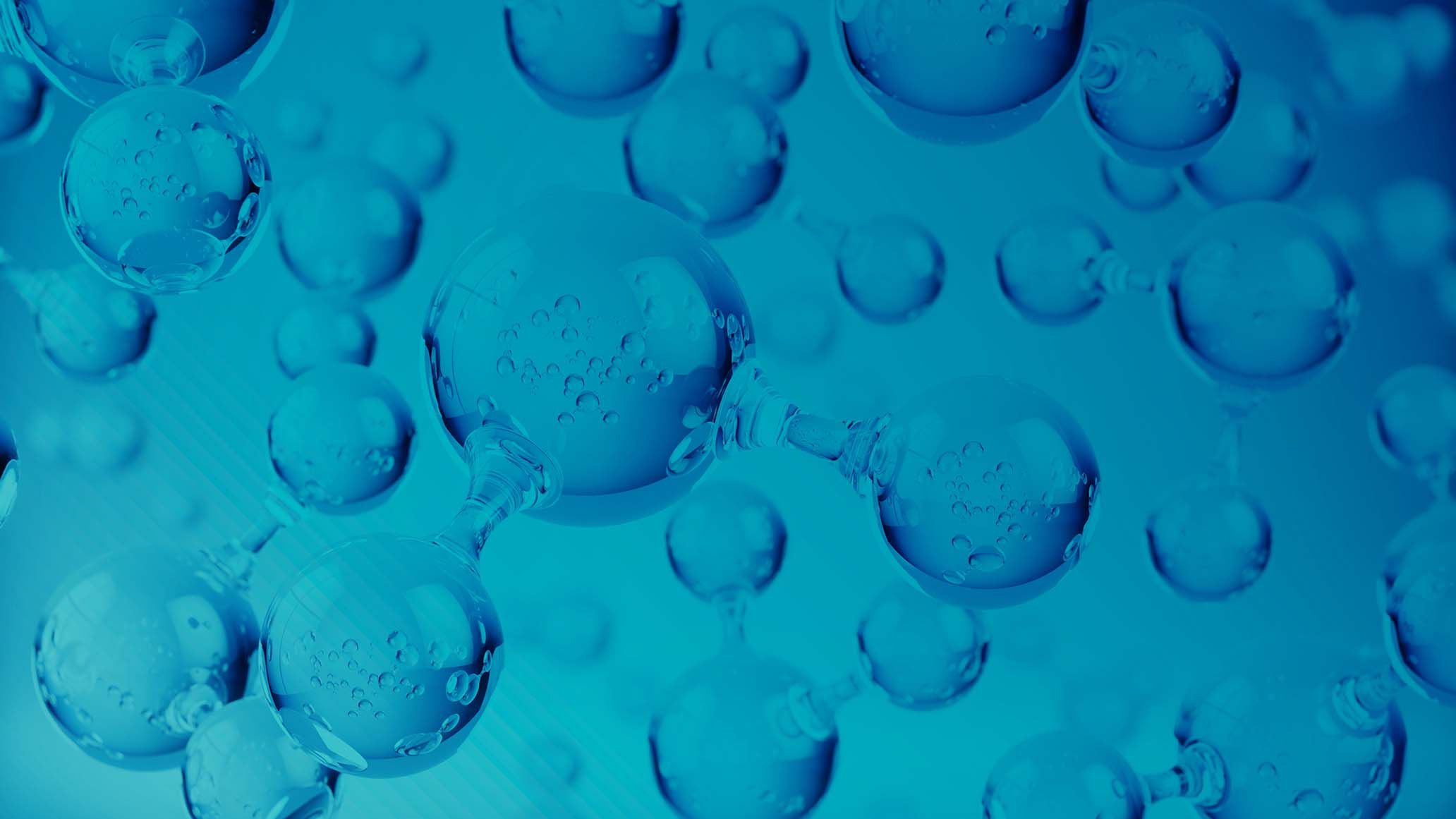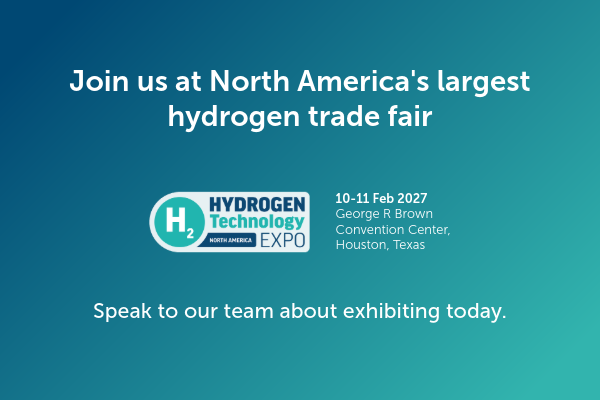Japan Airlines have created three separate MoUs with different hydrogen aviators to explore ways of making regional fleets cleaner
)
A partnership has been created between the companies Japan Airlines (JAL) and JAL Engineering Co. (JALEC) and three hydrogen aviators. This partnership was created with the signing of three Memorandum’s of Understanding (MoU)s and a decision to have each hydrogen aviator focusing on a test to help improve that particular aviator.
The three hydrogen aviators are all companies who have begun flying throughout 2023, all of them using their respective hydrogen-powered solutions. These companies are H2FLY from Germany, Universal Hydrogen from the US and UK-US ZeroAvia. The aim for all of these MoUs is to trial the integration of hydrogen fuel cell solutions into the aircraft.
Although each company’s plan focuses on adapting their aviation system to use hydrogen in a particular way, each company will be working with hydrogen in a slightly different way. H2FLY, the Japanese airline, stated that it will be looking at the potential of hydrogen-powered fixed-wing aircraft, plus evaluating powertrain requirements for flights and aircrafts of different sizes and distances. The results will also be compared with JAL’s commercial technical specifications. These new tests are being held months after H2FLY completed the world’s ‘first’ piloted liquid hydrogen-powered electric aircraft. The benefit for JAL in performing these tests is that they will show JAL’s goal of reducing emissions from commercial flights is a possibility and realistically viable.
CEO and co-founder of H2FLY, Prof. Josef Kallo commented, “At H2FLY, we have dedicated the past decade to making significant advancements in the development of our hydrogen technology for aircraft. We are honoured to be collaborating with Japan Airlines who are leading the way in securing a sustainable future for the aviation industry.”
Universal Hydrogen have agreed to explore supplying ATR 72-600 aircrafts with their hydrogen aircraft conversion kits. This will create the opportunity for existing fossil fuel powertrains to convert their fuel source to hydrogen fuel cells. JAL and JALEC are involved in this project through their agreement to provide their expertise to aid the technical design and developments of the kits, to ensure the kits meet requirements for their regional operations. This current test follows another study Universal Hydrogen did, which saw Sojitz, Mitsubishi HC Capital and an unnamed Japanese partner exploring Universal’s modular hydrogen delivery and refuelling system. They performed this test to determine if the system would be suitable for Japanese airlines.
The Co-founder and CEO of Universal Hydrogen, Paul Eremenko, commented, “Japan has long shown that it is a market with an incredibly strong appetite for green aviation solutions and is home to JAL, one of the most established airlines in the world. As a partner, JAL is impressively demanding on the technical side; their operation is one of the most reliable in the world.”
Finally, ZeroAvia will focus their work with JAL around assessing operational requirements to retrofit aircraft with hydrogen-electric powertrains both for existing routes and prospective routes. The team will also begin defining regulation pathways, retrofit operations, fuelling infrastructure and maintenance.
Chief Customer Officer at Zero Avia, James Peck, mentioned, “Japan plans massive investment in hydrogen supply and also in supporting the development of hydrogen aviation, so there is clear opportunity for exploring early adoption. JAL Group already operates 50 regional aircraft which will be relevant to hydrogen-electric propulsion technology in the foreseeable future.”
The partnerships will benefit all the companies, especially JAL who have planned to reach their Net Zero CO2 emissions goal by 2050. This goal has a lot of potential, especially with the help provided by the three companies who are aiming to put commercial aircraft into service during the mid-2020s and 2030s.



)
)
)
)
)
)
)
)


)
)
)
)
)
)
)
)
)
)
)

)
)
)
)
)
)
)
)
)

)
)
)
)
)
)
)

)
)
)
)
)

)
)

)
)
)
)
)
)
)
)

)
)
)
)
)
)
)

)
)

)
)
)
)
)
)
)
)


)
)

